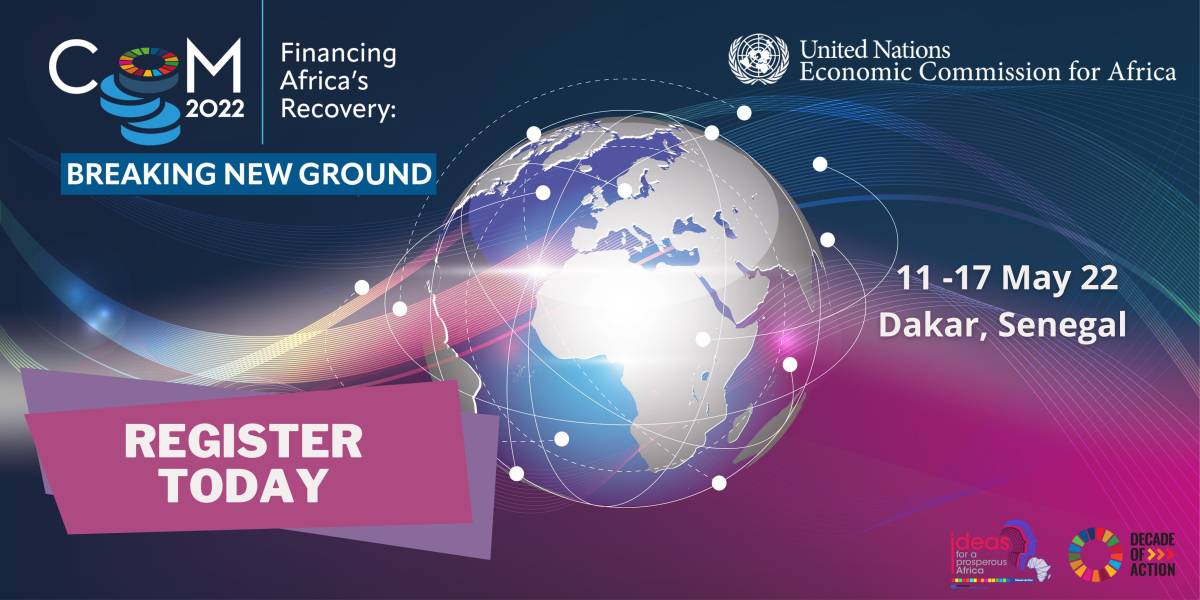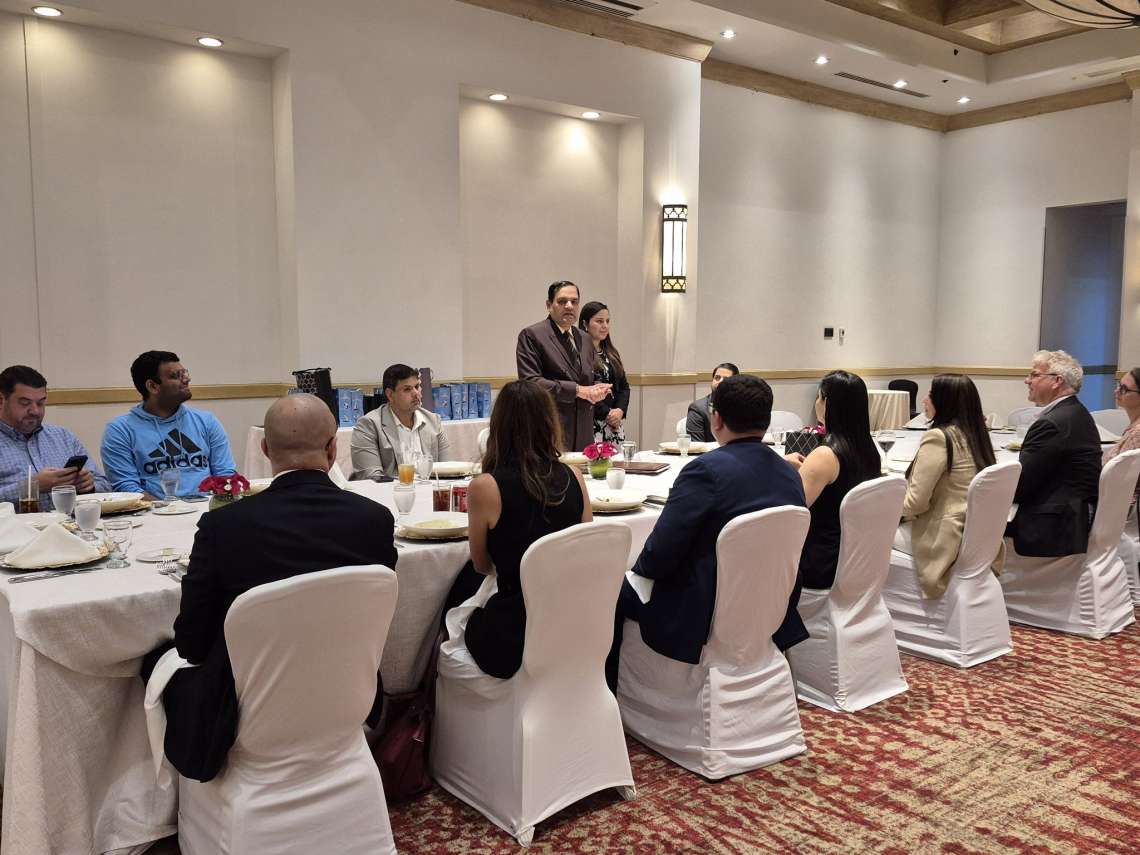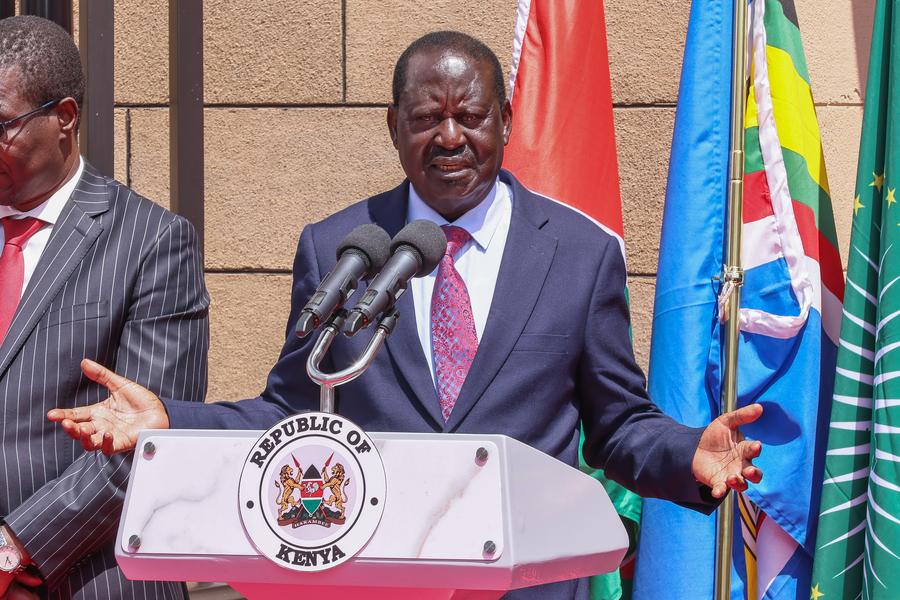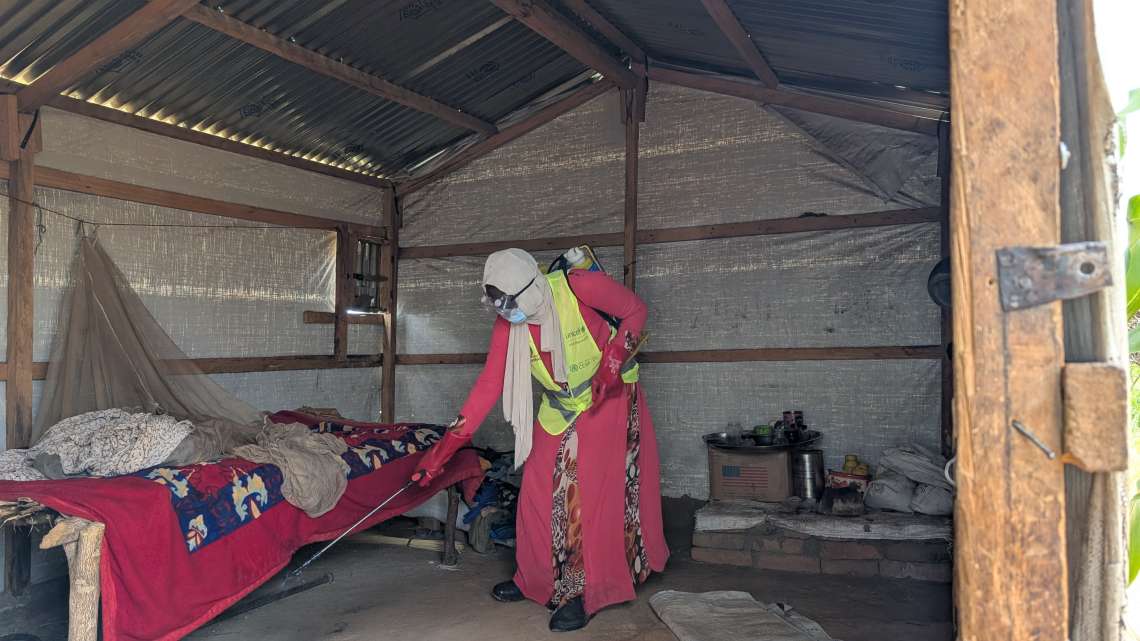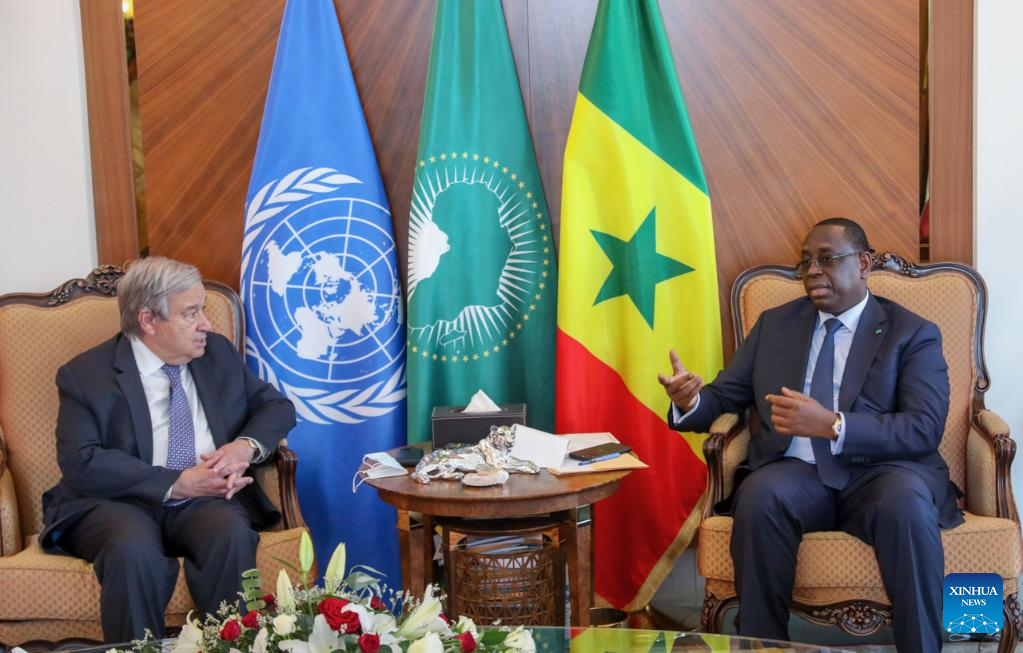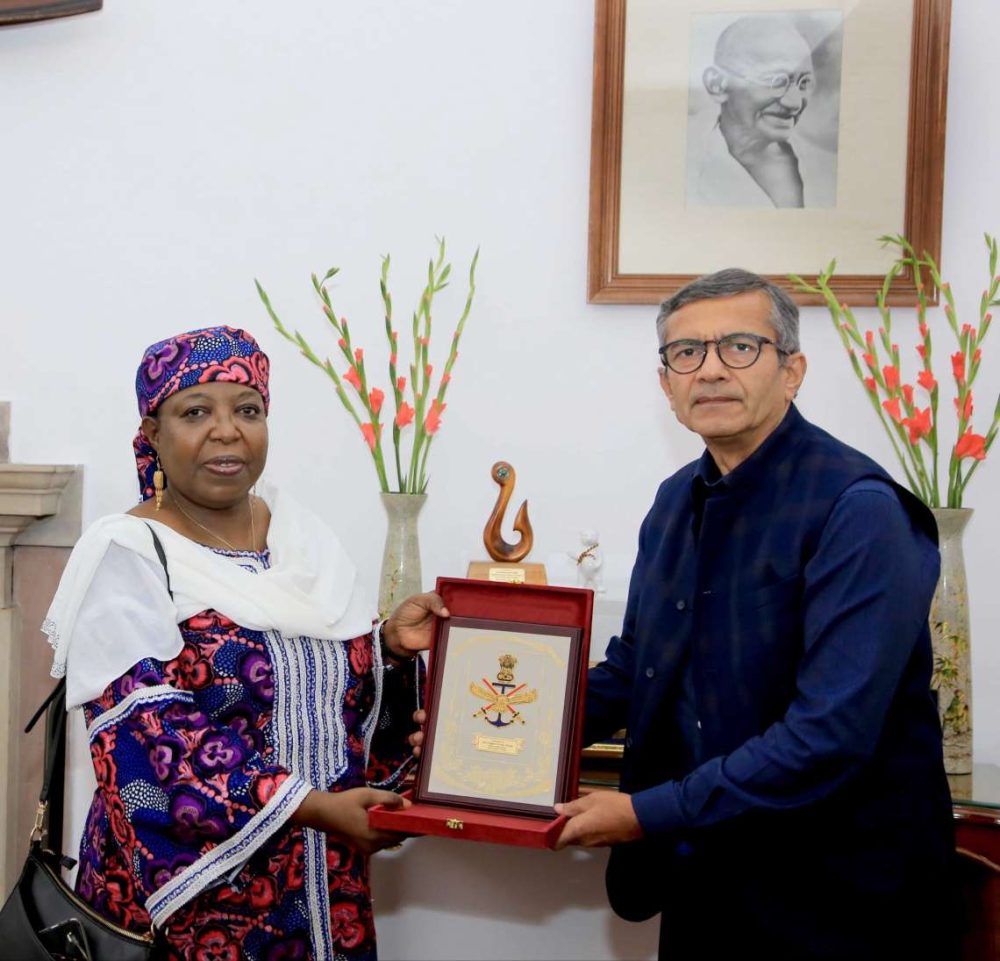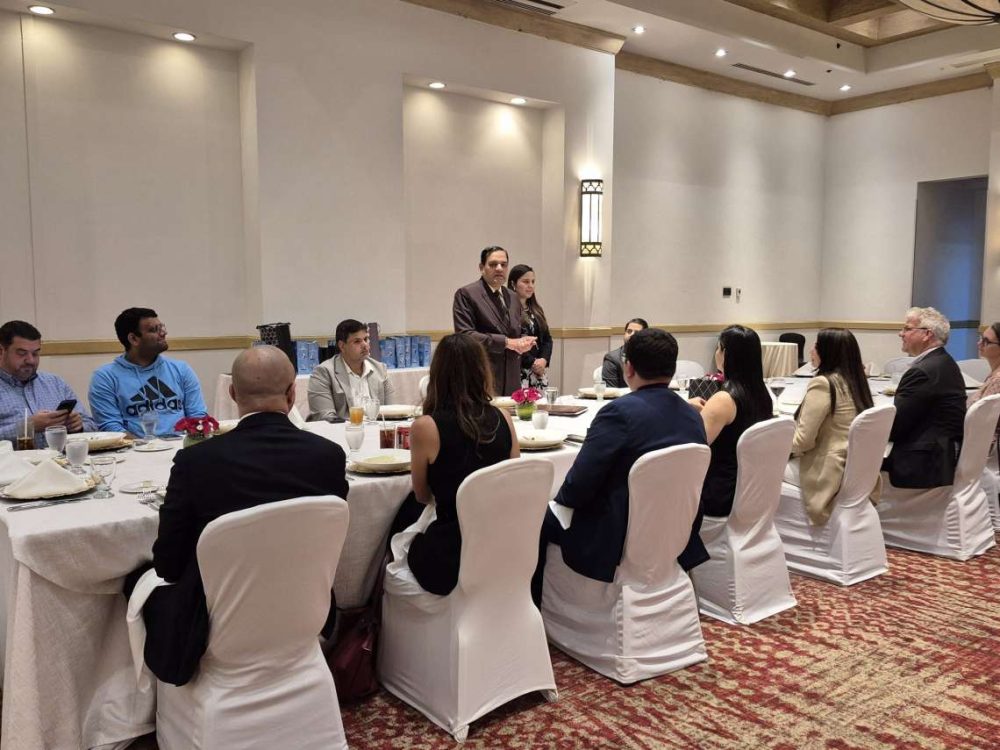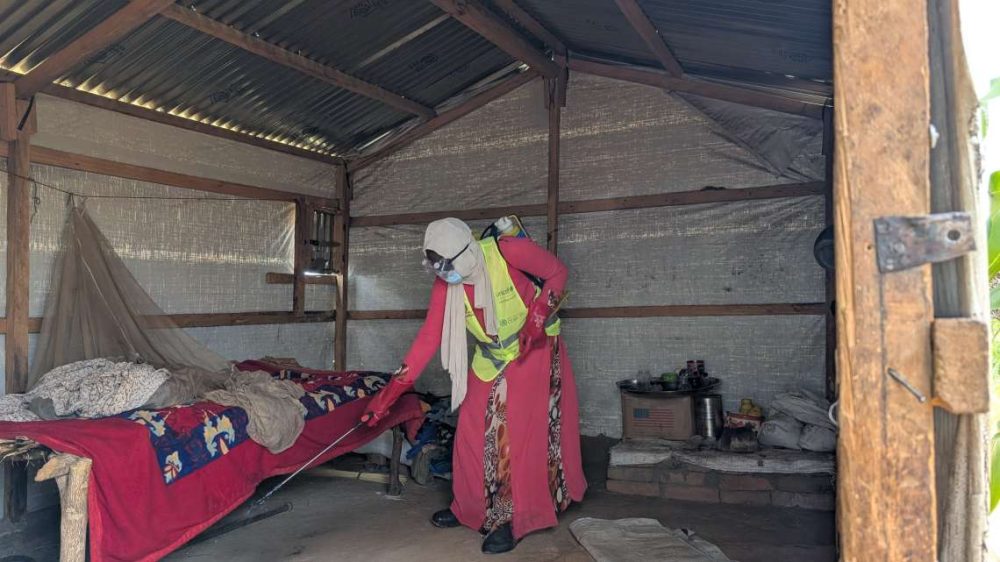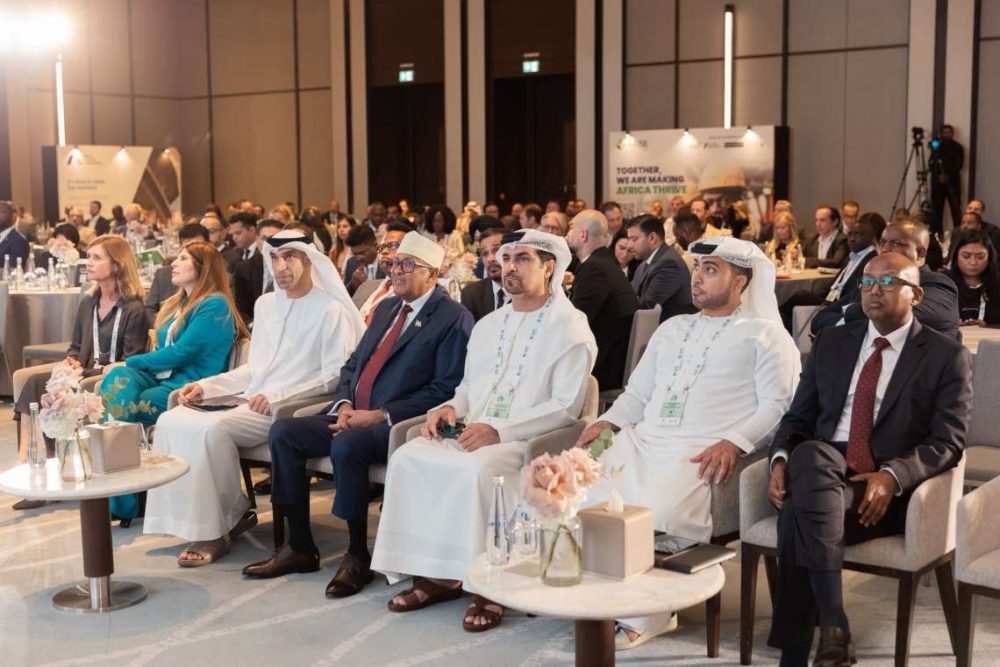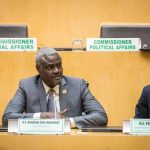Africa’s flagship economic conference concludes with call for new global financial architecture
Africa’s flagship economic conference, the Conference of African Ministers of Finance, Planning and Economic Development, has concluded with a call for a new global financial architecture that would better serve Africa’s financing needs.
The 54th session of the Conference of African Ministers of Finance, Planning and Economic Development (CoM2022) was held in a hybrid format in Dakar, Senegal, and virtually from May 11 to 17.
Organised by the United Nations Economic Commission for Africa (UNECA) and hosted by Senegal under the theme “Financing Africa’s Recovery: Breaking New Ground,” the high-level conference emphasized the need for finding innovative financing solutions for Africa.

Senegal’s President Macky Sall, addressing the conference, said the ongoing COVID-19 pandemic had shown that existing financial instruments were not working for countries that needed them the most.
“Africa needs money, but we can not get it. It is like a COVID-19 patient who needs oxygen but is told ‘we have the oxygen but can’t give it to you because we don’t have the instruments,” a UNECA statement quoted Sall as saying.
The Senegalese president called on Africa’s development partners to agree to a renegotiation of the terms of the current multilateral system in light of shocks to the global economy due to the COVID-19 pandemic and the Russia-Ukraine conflict.
According to the UNECA, the ministerial conference “comes at a critical time for the continent” as it was held on the backdrop of the double blow of the pandemic and the Ukraine crisis, which are compounding already urgent financing challenges in Africa.
UN Under-Secretary-General and Executive Secretary of the UNECA, Vera Songwe, said the coronavirus pandemic had come as an attack not just on health but on the economy.
“African countries have been at war for three years. War with time, COVID-19, climate change, terrorism and the war on bad governance,” the UNECA chief said.
“We are looking not just for survival, but for prosperity,” Songwe said, emphasizing that finding innovative financing solutions is the need of the hour for Africa.
According to the UNECA, Africa needs high levels of financing for structural transformation and to achieve the 2030 Agenda for Sustainable Development.
Before the COVID-19 pandemic, the UNECA estimated that African countries would need 200 billion U.S. dollars per year to reach their Sustainable Development Goals. The African continent further needs an additional 285 billion U.S. dollars over the next five years to ensure an adequate response to pandemic, according to the latest figures from the UNECA.
Michel Camdessus, former Managing Director of the International Monetary Fund (IMF), addressing the conference agreed that reform of the global financial architecture is “crucial for Africa.”
Camdessus argued that the Bretton Woods system needed renegotiation “most urgently.” He emphasized that it is impossible to “dream of a radiant future for the planet” if this dream left out Africa and its youth.
Rebeca Grynspan, Secretary General of the United Nations Conference on Trade and Development (UNCTAD), told conference participants that Africa is suffering despite having done nothing wrong.
Grynspan argued that extending the World Bank’s Debt Suspension Service Initiative (DSSI), which helped the poorest countries during the pandemic, and orderly and rational debt instruments are part of the solution.
ALSO READ: Africa Fintech Summit Washington D.C. 2022
The UNECA emphasized that current initiatives to close Africa’s financing gap are often similarly short-sighted.
Bilateral and multilateral support for pandemic recovery efforts, although helpful, left out several vulnerable middle-income countries, the UNECA said.
Songwe called on African ministers of finance, planning and economic development gathered at CoM2022 to provide Africa with a unique opportunity to generate more authentic solutions to implement on the continent.
The annual conference is Africa’s flagship annual economic event that serves as an important platform for African ministers as well as experts from around the world to have in-depth discussions on current issues and future implications that are of relevance to the continent’s economic development.


